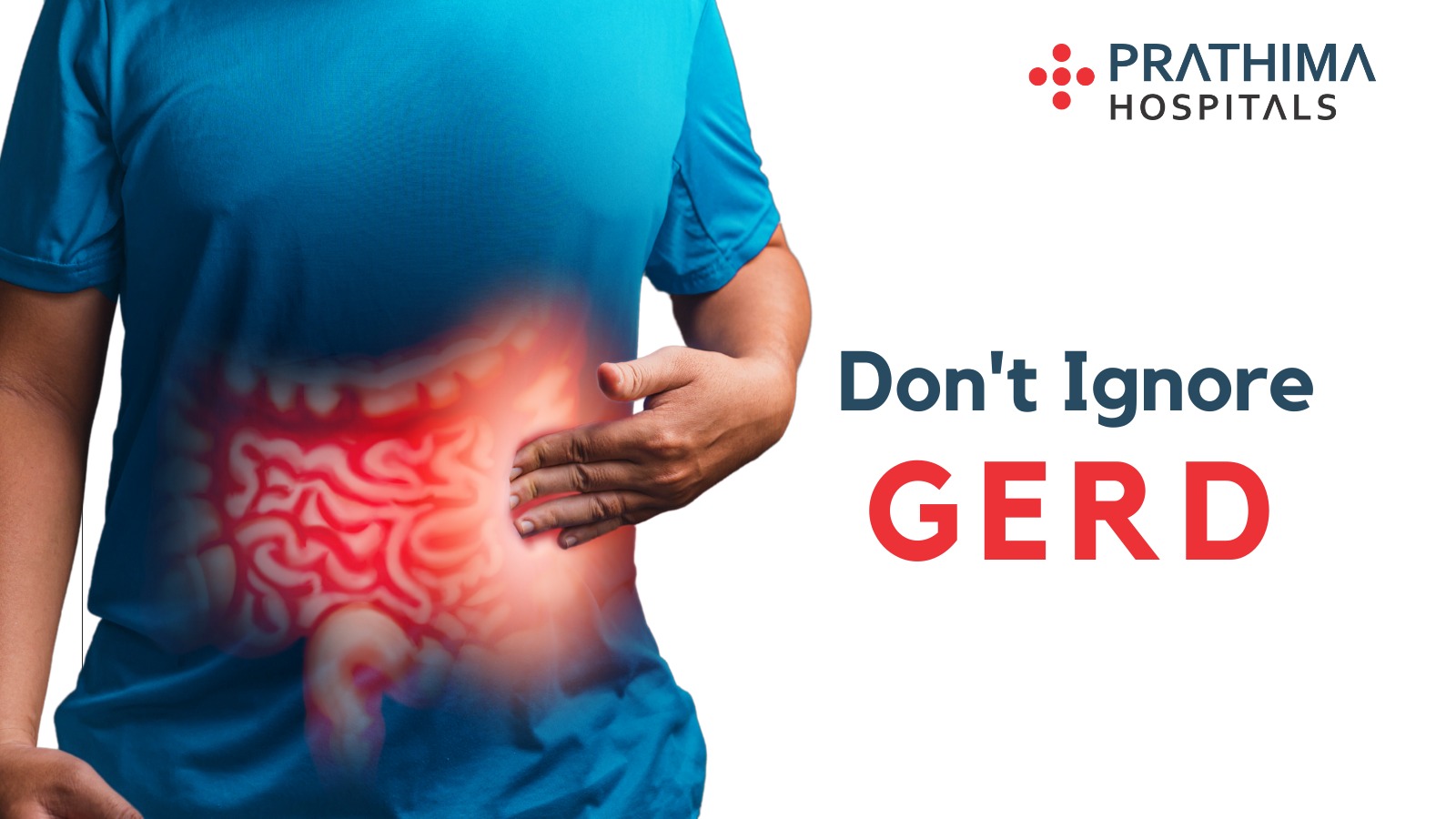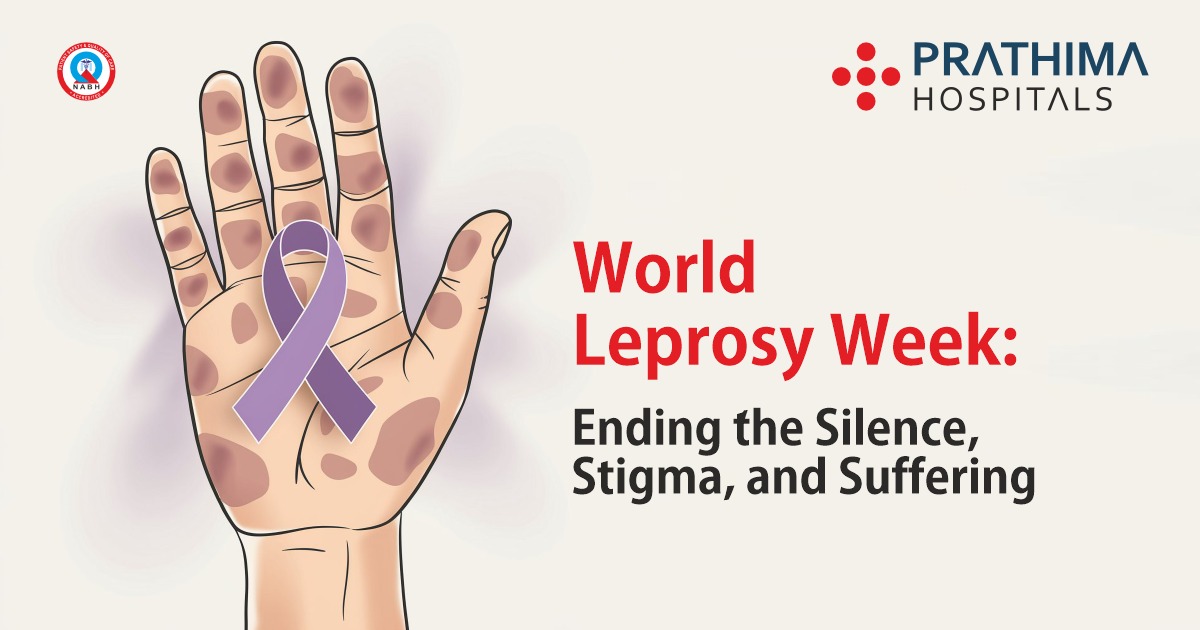Gastroesophageal reflux disease (GERD) Causes, symptoms & treatment suggested by Gastroenterologist in Hyderabad

Gastroesophageal reflux disease (GERD)
Introduction:
Gastroesophageal reflux disease (GERD) is a common digestive disorder that occurs when stomach acid flows back into the oesophagus, causing irritation and inflammation. GERD affects people of all ages, but it is most common in adults over 40 years old. It can cause a wide range of symptoms, as said by the Gastroenterologist in Kachiguda, including heartburn, acid reflux, regurgitation, chest pain, and difficulty swallowing.
Causes of GERD:
GERD is caused by a malfunction of the lower oesophagal sphincter (LES), which is a muscular valve that divides the stomach from the oesophagus. Usually, the LES unlocks to allow food & fluid to pass from the oesophagus into the stomach and then locks to prevent tummy acid from flowing back into the oesophagus. However, in people with Gastroesophageal reflux disease, the LES is weakened or damaged, which allows stomach acid to reflux into the oesophagus.
There are a number of factors, that may contribute to GERD, including:
Hiatal hernia: A hiatal hernia happens when the upper part of the abdomen swells through the diaphragm & into the chest cavity. This can cause the LES to become displaced and weaken, leading to Gastroesophageal reflux disease.
Obesity: Being overweight or obese can increase the pressure on the stomach and LES, causing it to weaken and allowing stomach acid to reflux into the oesophagus.
Pregnancy: Hormonal shifts during pregnancy can push the LES to rest, raising the risk of Gastroesophageal reflux disease.
Smoking: Smoking can drain the LES and rise the threat of Gastroesophageal reflux disease.
Certain medications: Certain medications, such as NSAIDs, calcium channel blockers, and antidepressants, can increase the risk of GERD.
Symptoms of GERD:
The signs of GERD can range from person to person, but some typical symptoms include:
Heartburn: A burning sensation in the chest or throat that occurs after eating or lying down.
Acid reflux: A sour taste in the mouth or throat, or a feeling of food coming back up into the mouth.
Regurgitation: The sensation of stomach acid or food coming back up into the throat or mouth.
Chest pain: A sharp or scorching discomfort in the chest that can be mistaken for a heart attack.
Hard to swallow: A sense of meals getting clung in the throat (or) chest.
Chronic cough: A persistent cough that is not related to a cold or flu.
Diagnosis of GERD:
GERD is usually diagnosed based on the symptoms and medical history of the patient. The Gastroenterologist in Kukatpally, may also perform a physical examination and order tests to rule out other conditions that can cause similar symptoms.
Endoscopy: A procedure in which a small, flexible tube with a camera on the end is inserted into the oesophagus to examine the lining and look for signs of inflammation or damage.
Barium swallow: A test in which the patient swallows a liquid containing barium, which shows up on X-rays and allows the doctor to see the oesophagus and stomach.
Oesophageal manometry: A test that measures the strength and coordination of the muscles in the oesophagus.
24-hour pH monitoring: A test that measures the amount of acid in the oesophagus over 24 hours.
Treatment of GERD:
There are various GERD treatments available, including:
Lifestyle changes: Making lifestyle changes can help reduce the symptoms of Gastroesophageal reflux disease. These changes include losing weight, quitting smoking, avoiding trigger foods and drinks (such as caffeine, alcohol, and spicy foods), and eating smaller, more frequent meals.
Medications: Several types of medications can help relieve the symptoms of GERD, including:
Antacids: These over-the-counter medications can provide quick relief by neutralizing stomach acid. They work best when consumed after meals and before bed.
H2 blockers: These medications reduce the amount of acid produced by the stomach. They are available over-the-counter or by prescription and can provide longer-lasting relief than antacids.
Proton pump inhibitors (PPIs): These medications block the production of acid by the stomach and are the most effective treatment for GERD. They are available by prescription and can provide long-term relief from symptoms.
Surgery: In some cases, surgery may be necessary to treat GERD. The most common surgery for GERD is called fundoplication, in which the upper part of the stomach is wrapped around the LES to strengthen it and prevent acid reflux.
Complications of GERD:
Untreated GERD can lead to a variety of problems, such as:
Esophagitis: Inflammation of the oesophagus caused by stomach acid can lead to scarring and narrowing of the oesophagus, making it difficult to swallow.
Barrett’s oesophagus: A condition in which the lining of the oesophagus changes, increasing the risk of oesophagal cancer.
Respiratory problems: GERD can cause asthma symptoms, such as wheezing and coughing, and can also lead to pneumonia.
Prevention of GERD:
There are several things you can do to prevent GERD, including:
Maintain Regular Weight: Being overweight can advance the risk of GERD.
Quit smoking: Smoking can weaken the LES and increase the risk of GERD.
Avoid trigger foods and drinks: Certain foods and drinks, such as caffeine, alcohol, and spicy foods, can trigger symptoms of GERD.
Eat smaller, more frequent meals: Eating large meals can increase the pressure on the stomach and LES, causing it to weaken and allowing stomach acid to reflux into the oesophagus.
Don’t lie down after eating: Wait at least three hours after eating before lying down to allow food to digest and prevent stomach acid from refluxing into the oesophagus.
Conclusion:
GERD is a common digestive disorder that can cause a range of symptoms, including heartburn, acid reflux, regurgitation, chest pain, and difficulty swallowing. It is caused by a defect of the LES, which is a brawny valve that divides the abdomen from the oesophagus. Treatment options for GERD as suggested by the Best Gastro Hospital in Hyderabad, including lifestyle changes, medications, and surgery. If left untreated, Gastroesophageal reflux disease can lead to several complications, such as esophagitis, Barrett’s oesophagus, and respiratory problems. To prevent Gastroesophageal reflux disease, it is important to maintain a healthy weight, quit smoking, avoid trigger foods and drinks, eat smaller, more frequent meals, and don’t lie down after eating. If you are experiencing symptoms of Gastroesophageal reflux disease, it is important to see a doctor for diagnosis and treatment.
.
.
.
For Any Appointment Booking: 📅:: https://prathimahospitals.com/book-appointment/
For more details: 📞:: 733 733 6600 | 040 4345 4345
🌐:: www.prathimahospitals.com






Warning: Undefined variable $req in /home/u885608126/domains/prathimahospitals.com/public_html/wp-content/themes/prathimahospitals/functions.php on line 294
Warning: Undefined variable $commenter in /home/u885608126/domains/prathimahospitals.com/public_html/wp-content/themes/prathimahospitals/functions.php on line 295
Warning: Trying to access array offset on value of type null in /home/u885608126/domains/prathimahospitals.com/public_html/wp-content/themes/prathimahospitals/functions.php on line 295
Warning: Undefined variable $aria_req in /home/u885608126/domains/prathimahospitals.com/public_html/wp-content/themes/prathimahospitals/functions.php on line 295
Warning: Undefined variable $req in /home/u885608126/domains/prathimahospitals.com/public_html/wp-content/themes/prathimahospitals/functions.php on line 298
Warning: Undefined variable $commenter in /home/u885608126/domains/prathimahospitals.com/public_html/wp-content/themes/prathimahospitals/functions.php on line 299
Warning: Trying to access array offset on value of type null in /home/u885608126/domains/prathimahospitals.com/public_html/wp-content/themes/prathimahospitals/functions.php on line 299
Warning: Undefined variable $aria_req in /home/u885608126/domains/prathimahospitals.com/public_html/wp-content/themes/prathimahospitals/functions.php on line 300
Warning: Undefined variable $commenter in /home/u885608126/domains/prathimahospitals.com/public_html/wp-content/themes/prathimahospitals/functions.php on line 303
Warning: Trying to access array offset on value of type null in /home/u885608126/domains/prathimahospitals.com/public_html/wp-content/themes/prathimahospitals/functions.php on line 303